Sylvan Learning is a large tutoring franchise for K-12 students, offering one-on-one and small-group help in subjects like math, reading, and test prep. It competes with online and in-person tutoring services. This article reviews Sylvan’s reputation, costs, services, and compares it to alternatives (including My Engineering Buddy). We’ll cover pricing, how it works, and help families decide if Sylvan is right for them.
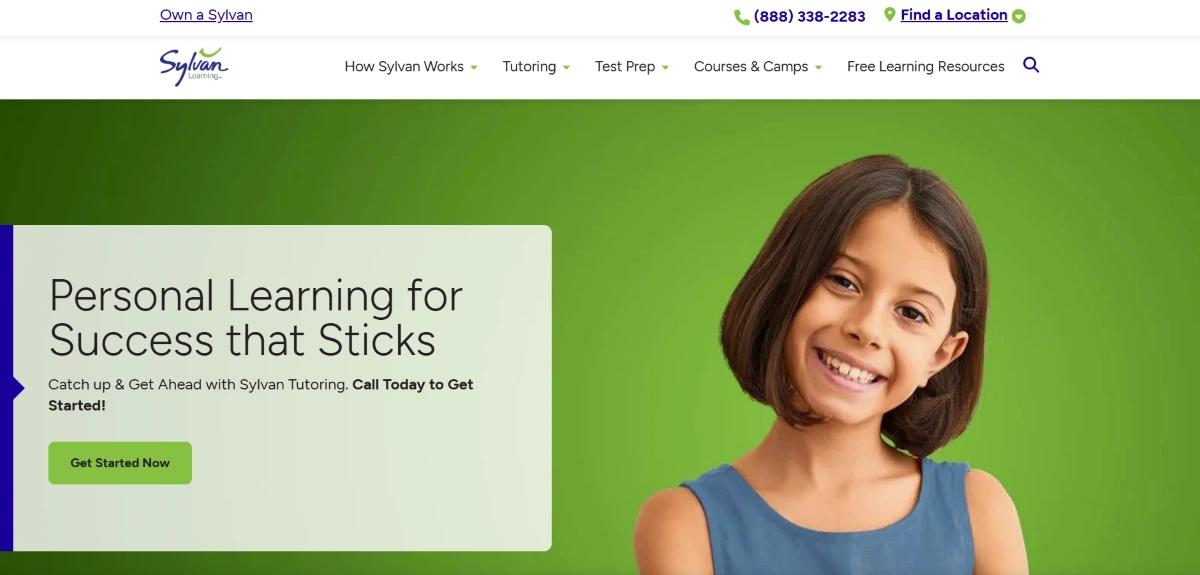
Sylvan Reviews and Testimonials
Sylvan’s own website highlights happy student stories and improved grades. For example, one parent wrote her child went from half a grade behind to on-grade level thanks to Sylvan. Tutors are described as friendly and encouraging. However, third-party review sites tell a mixed story. The Better Business Bureau gives Sylvan an “F” rating because many complaints remain unresolved. On consumer sites like PissedConsumer, Sylvan averages about 2.3 out of 5 stars, with comments about poor customer service and no refunds. In employee reviews (Indeed/Glassdoor), Sylvan scores around 3–4 stars out of 5. Overall, S-ylvan is a legitimate tutoring company with a long history, but feedback varies by center and individual experience.
Sylvan Pricing
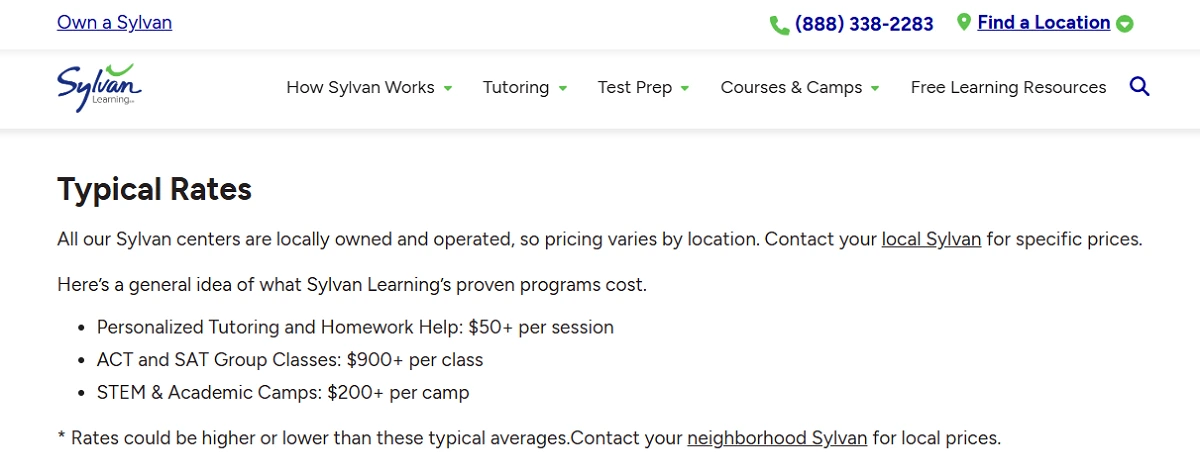
Pricing Range
- Private tutoring sessions: roughly $40–100 per hour (often quoted as ~$50+ per session).
- Academic coaching (weekly help): about $290+ per month for regular sessions.
- Test-prep classes (e.g. SAT/ACT): around $900 or more per multi-week course.
- STEM and academic camps: starting about $200 per camp.
Sylvan’s prices are in USD for US locations, and may vary by region. These rates are higher than many online tutors. For context, average private tutors charge $25–$60 per hour, so Sylvan’s bundled programs are a premium service.
What Students Say About Pricing
Many families find Sylvan expensive. On Reddit, one parent called it a “huge investment (monetarily)”. Another said, “Yes, it’s expensive. It’s worth it. Absolutely.”. Historically, tutoring at Sylvan has cost parents well into the thousands; one former customer estimated spending $13–$15k. Compared to cheaper alternatives (like free Khan Academy or $30/hr private tutors), Sylvan is seen as a high-end option.
Hidden Costs
In addition to hourly rates, some Sylvan locations charge extra fees. Many centers impose an enrollment or membership fee (sometimes over $100). One sample franchise introduced a $1,499 “Club Sylvan” membership, refundable only if canceled within 30 days (minus a $95 processing fee). There may also be “hold” fees (e.g. $50/month) for pausing lessons. Critics note Sylvan generally does not give refunds – as one reviewer warned, “under no circumstances do they offer refunds”:.
How Pricing Works
Sylvan offers flexible payment plans. Families can pay per session (pay-as-you-go) or choose a prepaid package for a discount. Many centers allow monthly billing over time. Accepted payment methods usually include credit card, check, or even financing plans. Sylvan also runs promotions: for example, a referral program can earn free sessions (e.g. refer a friend and get a free tutoring week). Local Sylvan centers may have seasonal sales or Groupon deals, so it pays to ask about current offers.
Free Trial
Sylvan typically provides a free initial evaluation and often a trial lesson. For instance, some locations advertise a “FREE trial class” for new students. This trial lets parents see Sylvan’s approach before committing. In practice, most Sylvan centers include an assessment test at no extra cost to place the student, and may offer a complimentary introductory tutoring session.
Refund Policy
Sylvan’s official policy states that each franchise handles refunds independently. Corporate itself does not directly issue refunds. In one example policy, prepaid tutoring can be refunded for unused hours within 60 days of enrollment (minus fees). However, many parents report trouble getting refunds or cancellations. The best strategy is to confirm the refund/exit terms with your local Sylvan center before signing up.
Sylvan Alternatives
Families often seek alternatives to Sylvan for cost, subject expertise, or convenience. Here are some notable options:
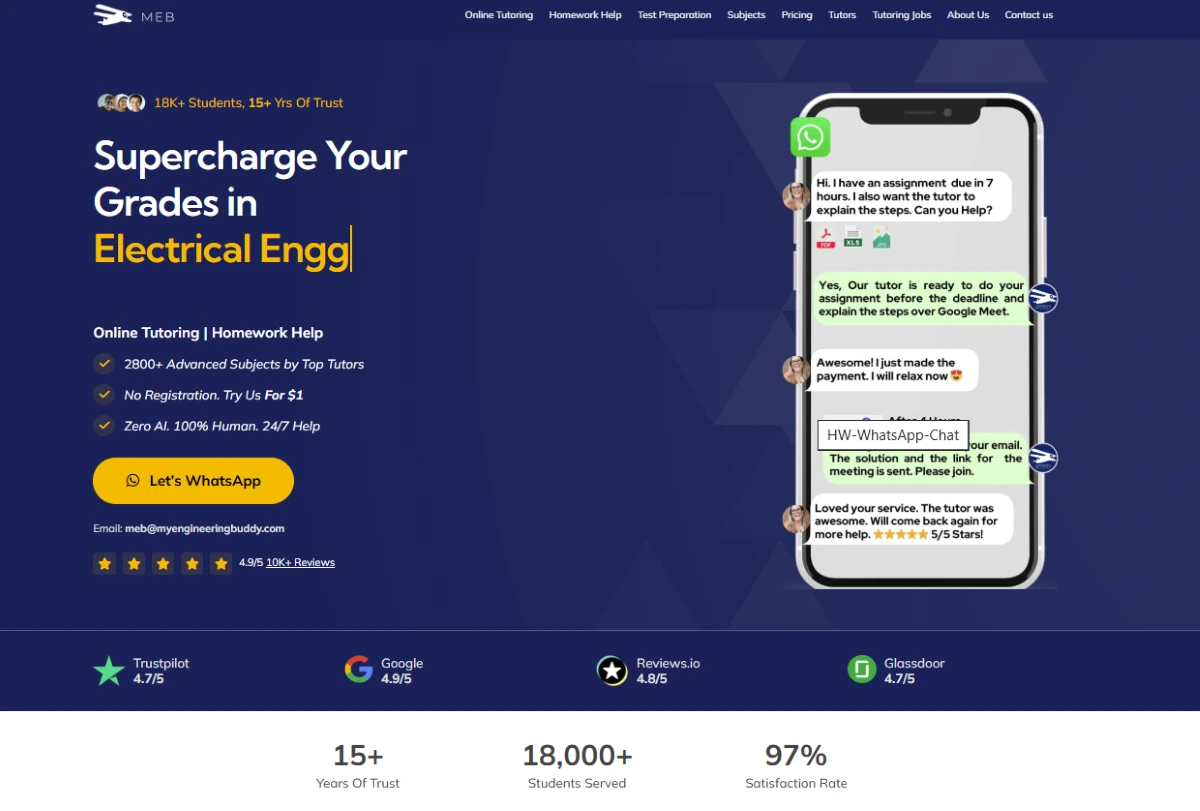
My Engineering Buddy (MEB): An online tutoring platform specializing in math, science, and engineering help. MEB tutors often have advanced STEM degrees. It covers 100+ subjects, including college and engineering courses. Pricing starts around $20/hr for high school support and up to ~$35/hr for college-level. Sessions are fully online and on-demand, making it much more affordable for complex topics. MEB is better suited to older students working on high-level math or engineering, while Sylvan focuses on younger students’ core skills.
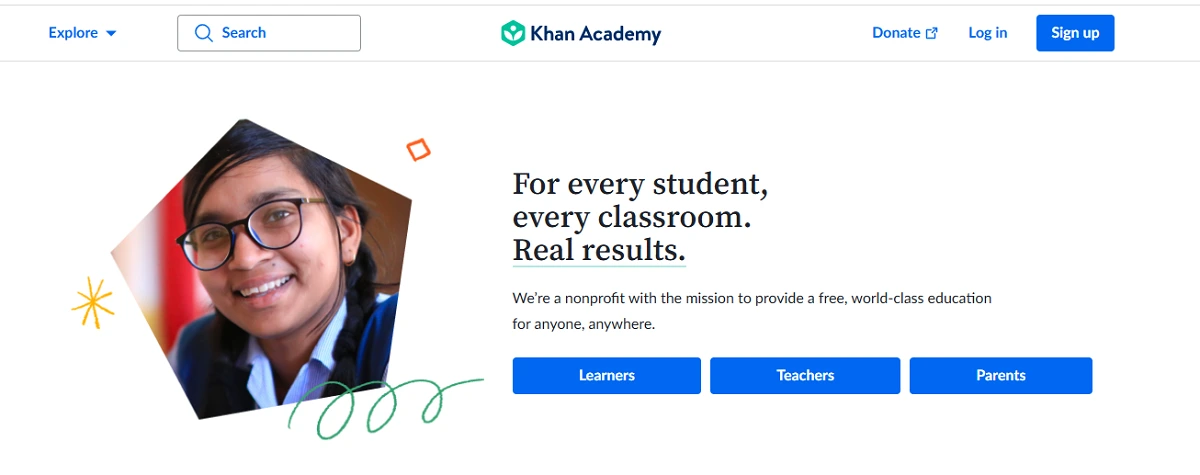
Khan Academy: A free nonprofit resource with thousands of video lessons and practice exercises. Khan covers math, science, and humanities from elementary through early college level. It has no live tutors or scheduling – just self-paced learning. For families on a budget, Khan Academy can supplement schoolwork at no cost. However, it lacks one-on-one teaching and can’t replace personalized tutoring.
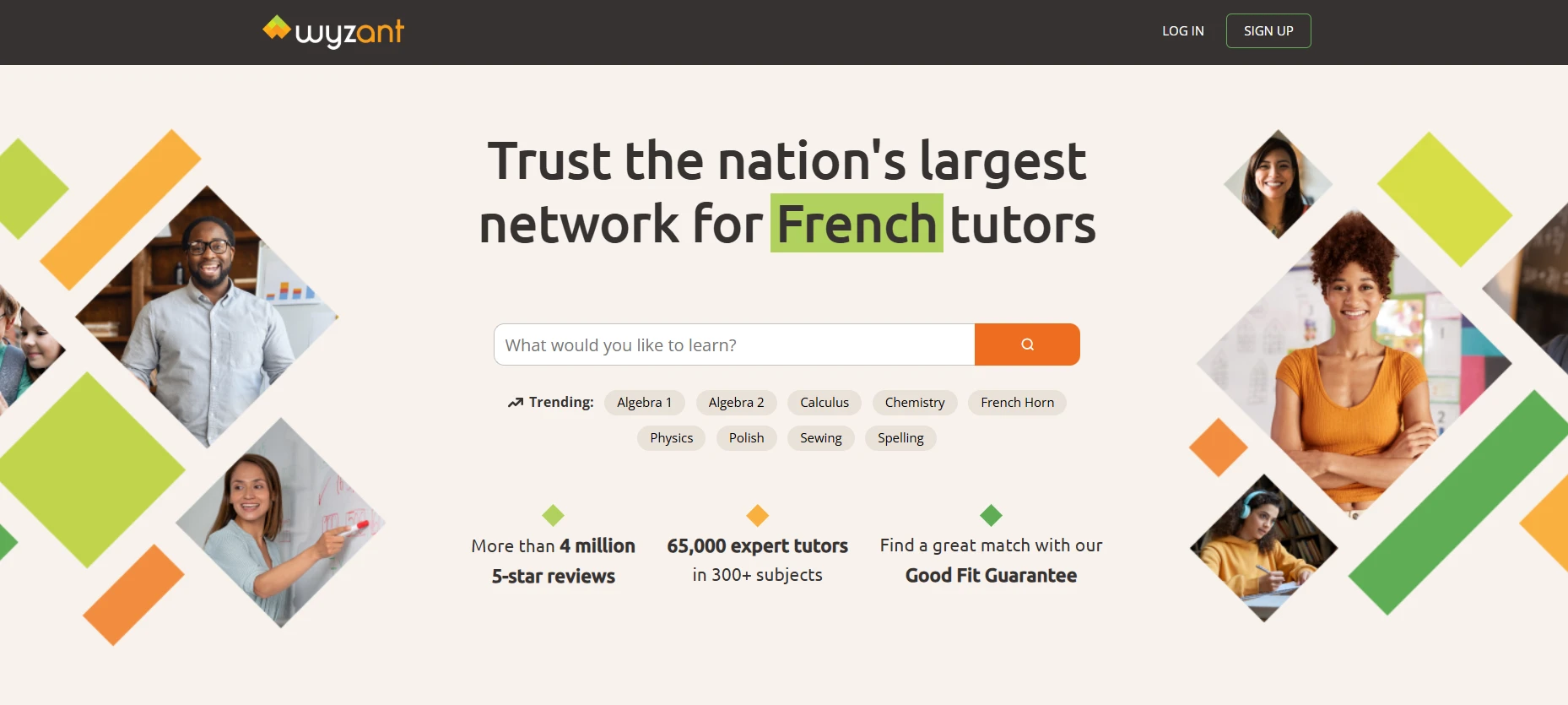
Wyzant: An online tutoring marketplace. Tutors set their own rates (often $30–$60/hr). You can find experts in nearly any subject, from basic math to college physics. Wyzant offers flexible scheduling and you choose the tutor you like (reviews and bios are available). Unlike Sylvan, Wyzant tutors meet one-on-one online or in person and focus on individual needs. It can be cheaper per hour (if you find a low-rate tutor), but there is no bundled curriculum or guarantee of results.

Tutor.com: A large online tutoring service (owned by Princeton Review). It offers 24/7 help in many subjects via chat or video. Pricing is subscription-based: a 1-hour/month plan is about $40/month, and a 2-hours/month plan ~$80/month. Tutoring is typically on-demand for homework or study questions, rather than a custom long-term plan. Tutor.com is more flexible than Sylvan and works by minute instead of multi-session packages, but it doesn’t offer classroom-style teaching or group classes.
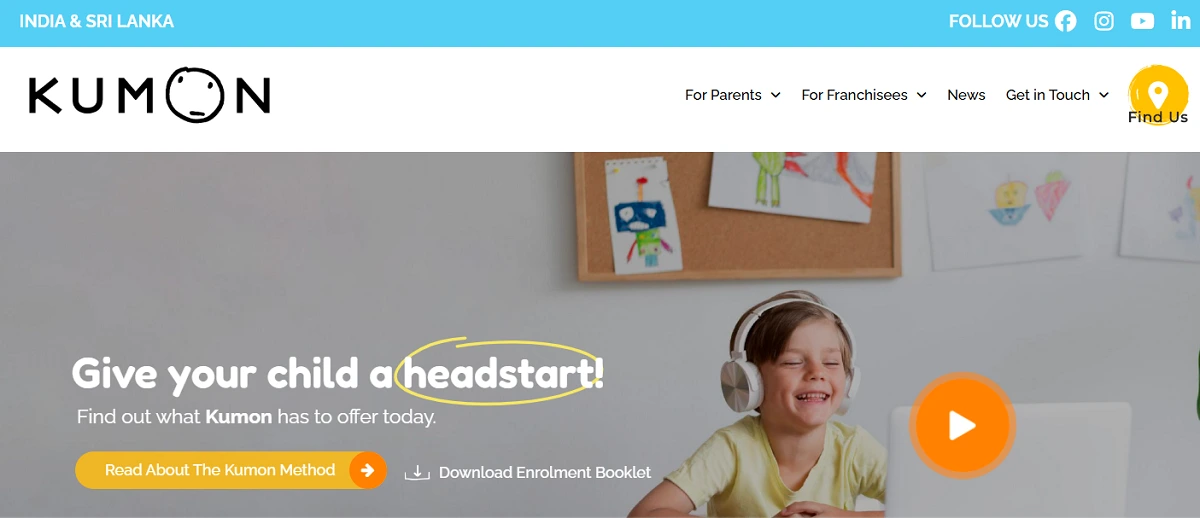
Kumon/Mathnasium: These are in-person learning centers (often focused on math and reading). They use repetitive worksheets (Kumon) or small-group math instruction (Mathnasium). Costs are moderate ($100–200/month) and they build basic skills. Compared to Sylvan, Kumon/Mathnasium are less personalized (one-size-fits-all curriculum) but can be more affordable. They don’t cover the breadth of subjects or offer homework help like Sylvan does.
Each alternative has its trade-offs. Sylvan stands out for structured, center-based tutoring across all subjects, but others may be cheaper or more specialized (especially for STEM, where My Engineering Buddy shines).
How It Works
For Students
To start with Sylvan, families typically contact the nearest center (or sign up on the website) and schedule an intake evaluation. In that assessment, Sylvan identifies the child’s strengths and gaps. Based on the results, Sylvan creates a customized learning plan. Then regular tutoring sessions are scheduled (often after school or on weekends). Sylvan recommends about 2–3 one-hour sessions per week for strong progress. Students work with expert tutors (either one-on-one or small groups of 2–3). Over time, Sylvan tracks grades and test scores; they claim students achieve up to three times the growth of peers on school assessments. Overall, the student process is: assessment → personalized plan → scheduled tutoring → measure results.
For Tutors
Aspiring Sylvan tutors can apply through Sylvan’s official careers pages or join the mySylvan Marketplace+ platform. Requirements vary by franchise, but tutors are often certified teachers or subject experts. Hourly pay is modest (on the order of $15–$20/hr in the US). Tutors set their own schedules with the center or online marketplace. In tutor reviews, people mention positives like flexible hours and working with kids. Common drawbacks include inconsistent schedules or management issues. FAQs for tutors: Q: How much can I earn? A: Typically $15–$20 per hour. Q: Can I choose my students? A: In franchises, the center assigns students; on Marketplace+, you can specify subjects and availability. Q: What do tutors like/dislike? A: Tutors enjoy teaching children and seeing improvement, but may dislike low pay and the sales aspect of center jobs.
Sylvan Company Information
Sylvan Learning was founded in 1979 and is now owned by Unleashed Brands (a youth enrichment company). Its mission is “to build academic confidence, ignite intellectual curiosity and inspire a love for learning”. Sylvan headquarters are in Bedford, Texas (though it originated in Maryland). The brand has over 750 locations worldwide (mostly in the US and Canada) and thousands of local tutors. Sylvan’s services include K-12 tutoring, homework help, summer camps, and test prep (SAT/ACT, AP, etc.). Special features include small-group instruction (max 1 tutor to 3 students) and a digital learning platform (SylvanSync). The official guarantee is measurable academic growth, and Sylvan has program names like Sylvan EDGE (STEM courses) and Sylvan PREP (college prep).
USP (Unique Selling Points)
- Personalized Learning Plans: Sylvan assesses each student and tailors a custom study plan, aiming to improve weak areas.
- Trained Tutors: Tutors are certified teachers or specialists who receive Sylvan training. Parents note tutors are generally caring and patient.
- Technology-Enhanced: Sylvan uses “SylvanSync” digital lessons on tablets in center and online sessions.
- Wide Curriculum: Offers help in all school subjects plus test prep. It’s a one-stop center for math, reading, science, coding, SAT prep, etc.
- Proven Method & Guarantee: Sylvan cites data showing 3x growth in learning, and they promise results (see “Sylvan Guarantee”).
Reviews generally support these USPs: families praise the individualized attention and friendly tutors. The technology tools and curriculum breadth are unique among local tutoring centers.
Drawbacks
- High Cost: Sylvan is expensive compared to free or cheaper options. Parents frequently cite thousands of dollars in total tuition.
- Inconsistent Quality: Because Sylvan is franchised, tutor quality and management vary by location. Some families reported tutors who “didn’t quite work” and switched centers.
- Poor Customer Service: Many reviews (BBB, forums) mention unresponsive or rude staff, and difficulty with scheduling or refunds.
- No Central Refunds: Sylvan’s policy gives franchises control. Customers warn they often “do not offer refunds” even if dissatisfied.
- Not Specialized in Learning Differences: Sylvan centers mainly focus on general curriculum. They are not dyslexia specialists; one Sylvan trainer even recommended outside dyslexia tutoring (Orton-Gillingham) for such needs.
Comparison with My Engineering Buddy
My Engineering Buddy (MEB) is an online-only tutor service specializing in STEM and college subjects. MEB’s rates start around $20–$35 per hour, notably lower than Sylvan’s ~ $50+/hr. MEB tutors are usually engineering/maths graduates and focus on advanced topics, whereas Sylvan’s tutors are K-12 generalists. For complex engineering or higher-level math help, MEB’s expertise can be better. Sylvan offers in-person center support and structured curricula, which MEB does not. In short, MEB is a great choice for tough STEM courses and flexible online help, while Sylvan is geared to younger students needing routine tutoring and test prep.
Customer Support and Policies
Sylvan support is handled by each local center. Typically, you call the center or a toll-free number (888-EDUCATE) for questions. Many parents find responses slow or inconsistent. In contrast, MEB advertises 24/7 online help: “Response time: 1 minute, 24/7 Human Help” via chat or email. Sylvan has formal policies (listed on their site) but enforcement varies by franchise. For example, Sylvan’s FAQ notes refunds are only at the center’s discretion. MEB’s policies (e.g. refunds or trial) tend to be more transparent online. Overall, Sylvan offers full-service support, but customer service quality can vary; MEB emphasizes fast digital support around the clock.
Global Reach and Localization
Sylvan Learning has over 750 centers worldwide, mostly in the US and Canada (with some in Asia/Europe). Each center adapts to local school standards. MEB, by contrast, is fully online and serves students globally (tutors report helping learners in 80+ countries). Sylvan’s multilingual/local support is limited; most tutoring is in English in North America. MEB tutors come from many countries and also teach in English. So, if you need local in-person help aligned to US/Canadian schools, Sylvan is available. For a global audience or non-traditional hours, MEB is more accessible.
Sylvan’s Future Plans
In 2024 Sylvan became part of Unleashed Brands, which plans to expand its offerings. They likely will invest in Sylvan’s technology and possibly launch new online services. Currently, Sylvan is enhancing its SylvanSync platform and recruiting franchisees. No major AI-driven products are announced yet, but Unleashed’s press noted they will leverage advanced tech to reach more students:contentReference[oaicite:66]{index=66}. Watch for new programs (like more online courses or specialized camps) as Sylvan adapts to the digital tutoring trend.
FAQs About Sylvan
- Q: Is Sylvan Learning legit or a scam?
A: Sylvan is a real company (founded in 1979) that has helped millions of students. It is not a scam. However, as with any tutoring service, quality can vary by location. Many families report good results, but others report problems (often with specific franchises). - Q: What grades and subjects does Sylvan tutor?
A: Sylvan serves students from elementary through high school, mainly grades K-12. They offer all core subjects (math, reading, writing, science, etc.) and also college-prep courses (SAT/ACT) and even some advanced subjects like AP courses. Some centers do help college students with subjects like GRE prep or engineering basics, but that is less common. - Q: Does Sylvan offer online tutoring?
A: Yes. Sylvan centers provide the same programs online as in-center. Through live video tutoring, students interact with certified Sylvan tutors using digital lessons. This allows tutoring from home or during school closures. - Q: How does Sylvan compare to My Engineering Buddy?
A: Sylvan is a brick-and-mortar tutoring center network focused on K-12 skills, while My Engineering Buddy is an online platform focusing on STEM and college subjects. Sylvan charges more per hour and has in-person classes; MEB is cheaper and fully online with specialized STEM tutors. For advanced math/engineering problems, MEB may be better. For younger kids needing routine homework help or test prep, Sylvan might be more helpful. - Q: Does Sylvan help students with dyslexia or learning differences?
A: Sylvan is not a specialized dyslexia program. Some centers can support mild special needs, but they do not use a formal dyslexia method. In fact, one Sylvan educator recommended outside dyslexia tutors (e.g. Orton-Gillingham) for that need. If your child has dyslexia or ADHD, talk to your local center – they might provide extra coaching, but Sylvan’s main focus is general academics.
Conclusion
Sylvan Learning offers a comprehensive tutoring program with a proven approach and many happy students. Its strengths are personalized plans, qualified tutors, and a wide range of subjects. On the downside, Sylvan is expensive and experiences vary by location (as reviews highlight). For families needing rigorous STEM or college-level help at lower cost, My Engineering Buddy is an excellent alternative. MEB provides expert online tutoring in advanced subjects (starting ~$20/hr). Ultimately, Sylvan can be great for younger students and test prep, while MEB or other online tutors may better serve complex math and science needs.

